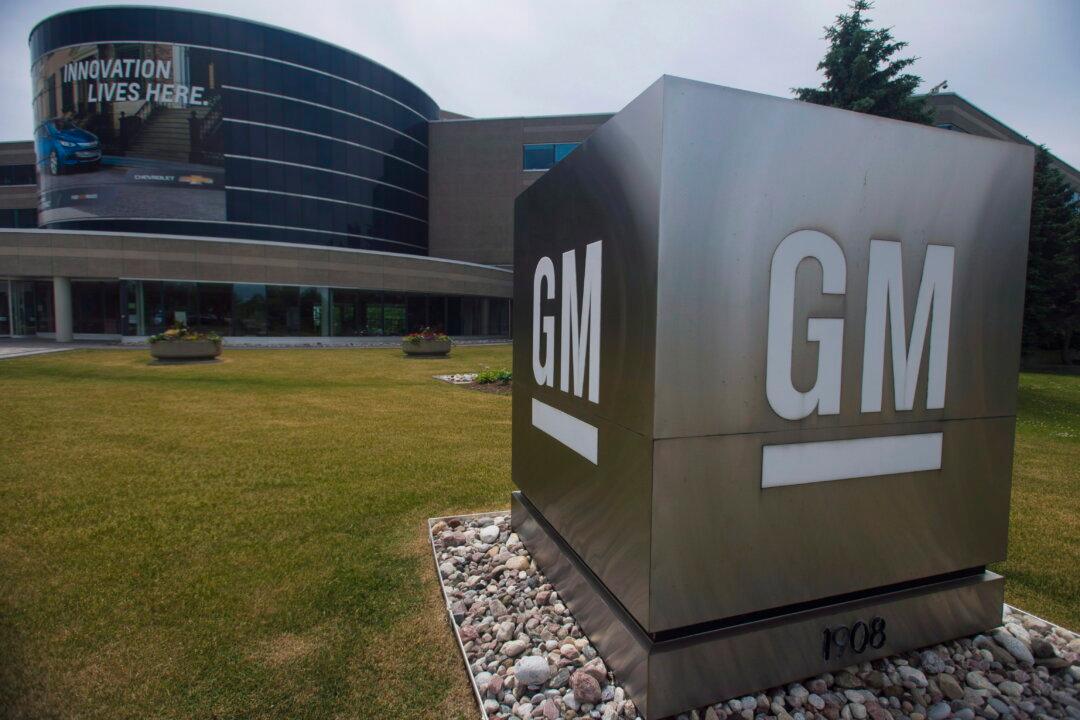General Motors has announced a reduction in shifts at its Oshawa Assembly Plant due to auto tariffs imposed by the United States.
The plant will go from a three-shift to a two-shift operation starting this fall “in light of forecasted demand and the evolving trade environment,” GM Canada said in a statement released May 2.





